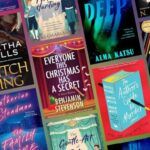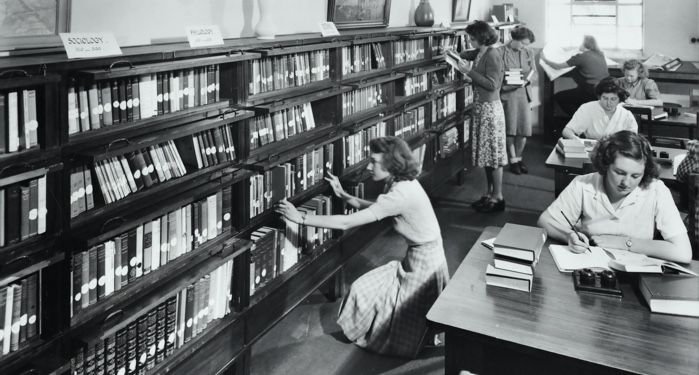
Branch Out with Historical Fiction: It’s More Than Just World War II
I’ve known who I was as a reader from a young age. I loved stories that exposed me to experiences totally different from my own. I liked stories of people who overcame great odds to make the world a better place. And no genre was better to me than historical fiction.
Then I started engaging in the book world online. I found that historical fiction is not as widely beloved as I expected. Many of the YouTube book channels I follow have plenty of content about contemporary books and fantasy books. But very few of them read any historical fiction, much less focus on it. When I started working at a library, I again found many readers of fantasy and literary fiction. But I was still surprised that my coworkers rarely picked up a historical fiction novel.
This is a shame, because I believe historical fiction is one of the most engaging genres you can read. Like fantasy or science fiction, historical fiction takes you to another time and place. But the difference is that historical fiction describes real events and daily life. Learning about life in a different time period is fascinating. Just as people like to travel to other parts of the world to see what life is like, historical fiction can transport you somewhere new.
All of my life, historical fiction has been one of my favorite genres to read. I grew up in the age of American Girl, and devoured every character’s series. I loved Josefina in 1800s New Mexico and Kit growing up in the 1930s amidst the Great Depression. From there, I moved onto the Dear America series. I loved the first-person journal accounts of different historical time periods. I read about the Triangle Shirtwaist Factory fire and the experience of immigrants coming to America.
Understanding History
Historical fiction can also put history into perspective for the reader. By the time I left elementary school, I had a basic understanding of the order of events that occurred in U.S. history. I knew the American Revolution came before the Civil War, pioneers lived in the 1800s, and the Great Depression was quickly followed by World War II. Having that background knowledge opened up so many educational doors to me. To this day I use information I learned from historical fiction books to create context when I read the news.
Lifelong Learning
If one of your reading priorities is to continue lifelong learning, historical fiction should be a part of your reading life. Retelling history from the perspective of fictional characters can create an emotional connection to past events. By experiencing history through the eyes of characters I care about, I gain a greater understanding of different time periods. Eastern European politics in the early 1990s might seem dull. But when you read through the eyes of a child soldier in Croatia, like in Sara Novic’s “Girl at War,” you gain a much better understanding of the political turmoil of the era.
Untold Stories
As an adult, continuing to read historical fiction has opened my eyes to new time periods I knew nothing about. History class can only teach you so much. In the U.S. so much of our high school social studies focuses on American history and government. One author who has really opened my eyes to new history is Ruta Sepetys. Her novel “Salt to the Sea” taught me about the sinking of the Wilhelm Gustloff in 1945. More people died in that disaster than in the sinking of the Titanic, yet I had never heard of it. Her latest novel, “The Fountains of Silence,” takes place in 1950s Spain, when General Francisco Franco ruled as dictator. Because I knew nothing of Spanish history, this book forced me to do some background research to gain a better understanding of the time period.
As a longtime reader of historical fiction, I try to focus on titles set in time periods other than World War II. A lot of historical fiction books are set during this time period, but there are so many wonderful stories set all throughout history. Here are some of my favorites:
9 Historical Fiction Books That Aren’t About WWII
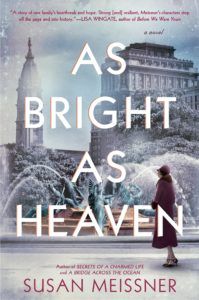 As Bright as Heaven by Susan Meissner
As Bright as Heaven by Susan Meissner
Set in 1918 Philadelphia amid the flu pandemic. A family moves from rural Pennsylvania to the city to take over an uncle’s mortuary business, months before a deadly disease takes hold.
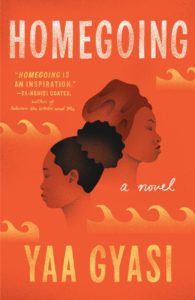 Homegoing by Yaa Gyasi
Homegoing by Yaa Gyasi
The story of two sisters separated in the 18th century. One marries a wealthy Englishman and the other is enslaved and taken to America. The book unfolds over 300 years, showing the effects of these events on the women’s decedents.
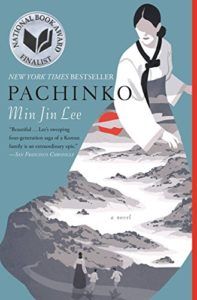 Pachinko by Min Jin Lee
Pachinko by Min Jin Lee
The story begins in early 1900s Korea, where Sunja discovers she is pregnant—and that her lover is a married man. She chooses to marry someone else and move to Japan, creating a generational saga.
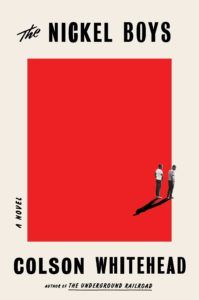 The Nickel Boys by Colson Whitehead
The Nickel Boys by Colson Whitehead
Based on the legacy of a Florida reform school, where juveniles served severe punishments for their crimes. Years after the school closed, anthropology students discover the bodies of Black boys buried on the grounds. The fictionalized version is the story of two Black boys in the 1960s trying to survive the abuse happening at The Nickel Academy.
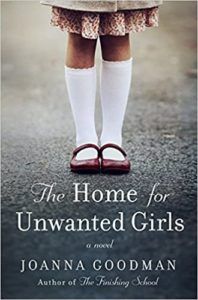 The Home for Unwanted Girls by Joanna Goodman
The Home for Unwanted Girls by Joanna Goodman
This novel exposed me to the time period in Quebec in the 1950s where orphanages turned themselves into psychiatric hospitals to receive more money from the government, imprisoning countless children inside their walls.
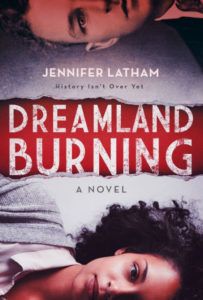 Dreamland Burning by Jennifer Latham
Dreamland Burning by Jennifer Latham
A young adult mystery written in dual perspective between modern day and the 1921 Tulsa Race Massacre.
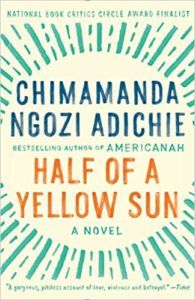 Half of a Yellow Sun by Chimamanda Ngozi Adiche
Half of a Yellow Sun by Chimamanda Ngozi Adiche
An epic novel set in 1960s Nigeria, during a conflict for independence between Nigeria and the state of Biafra.
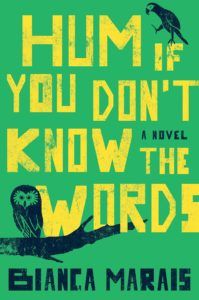 Hum If You Don’t Know the Words by Bianca Marais
Hum If You Don’t Know the Words by Bianca Marais
A heartbreaking story set in South Africa during the Apartheid in the 1970s.
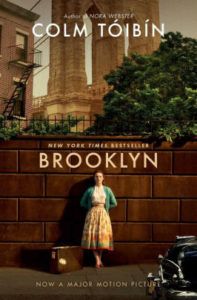 Brooklyn by Colm Tóibín
Brooklyn by Colm Tóibín
The story of an Irish immigrant starting her life in 1950s New York City. It was adapted into a wonderful movie staring Saoirse Ronan.






